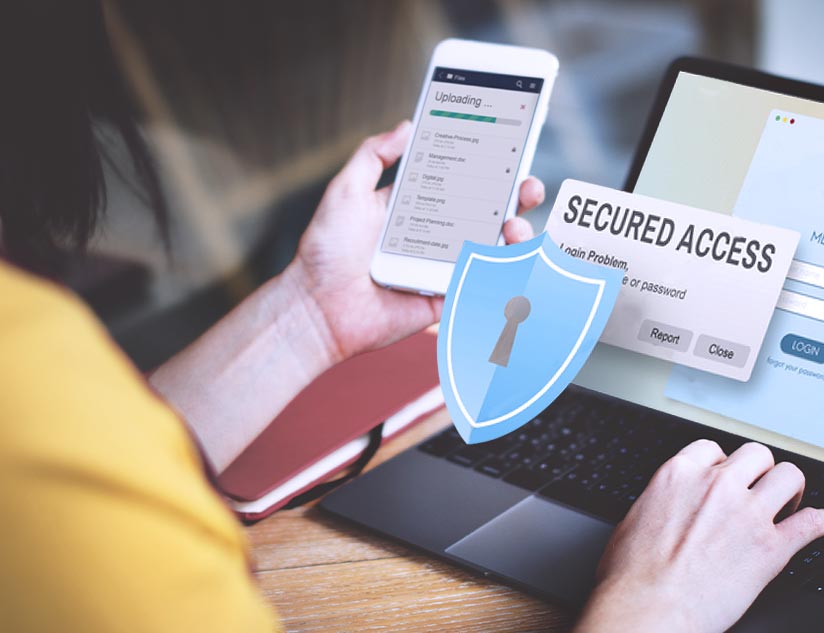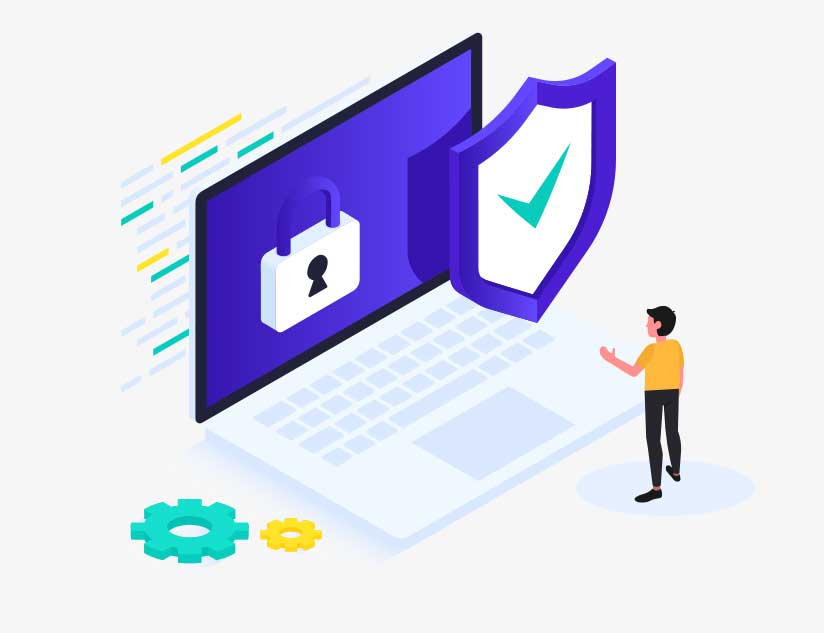Ensuring Effective License Management in Online Education Platforms
November 7th, 2023
Cybercrime is evolving almost as rapidly as technology is advancing. The most recent cyber attacks have not been aimed at high-profile businesses but at disrupting the day-to-day lives of ordinary individuals. Children, a sensitive and vulnerable group, are a massive target for these malicious actors. And the shift to digital learning has given rise to vast amounts of data spanning diverse users for cybercriminals to exploit. Consequently, the emphasis on ensuring student data privacy is intensifying worldwide.
This is evident in a recent high-profile case where a regulatory agency fined an edtech company for violating privacy laws. The company failed to obtain user consent, resulting in illegal privacy practices. Additionally, regulatory agencies have increased their focus on occupational safety in schools, making compliance a top priority for edtech companies operating in certain regions. As a result, edtech companies must prioritize regulatory compliance to ensure the successful adoption of their offerings.
Compliance Challenges for EdTech Organizations
Top concerns among online education providers include:
- Preventing unauthorized access and managing multiple access levels for a wide array of users
- Adhering to diverse geographical and demographic privacy guidelines across operational regions
- Tracking and monitoring user access, data movement, and third-party compliance to maintain the highest levels of security
- Ensuring superior user experience with multi-platform compatibility and smooth movement across integrated systems and tools
Strategies for Effective License Management
Regulatory compliance requires edtech organizations to develop effective strategies and policies to collect, store, manage, and share user data; and communicate them effectively to all users. A few strategies and security practices that may bolster security across the learning technology frameworks are:
Implementing Robust Digital Rights Management (DRM) Systems
The overall security of the complete LMS involves securing the lesson management database and tools, as well as user and organization data.
Implementing access controls for different users and third-party applications is the first step to strengthening the security of the learning platform. This can be done using encryption-based storage of data, and passwords.
Further, learning content has to be secured against piracy. Watermarking is one of the most effective and popular anti-piracy measures in the digital space.
Integrating License Management Solutions
Data protection and licensing regulations differ from country to country and region to region. GDPR, COPPA, FERPA, PPRA, and SOPIPA are the most popular regulations. Additionally, specific industry standards, like WCAG and SCORM, must be met to deliver high-quality education. Manually managing the entire compliance framework can be complex and tedious. Therefore, it is wise to adopt license management software that boosts asset control, minimizes expenses, reports vulnerabilities on time, and offers profound insights to enhance overall system security.
Regular Audits and Compliance Checks
Staying updated with regulations and the threat landscape is key to preventing breaches and penalties. Periodic AI-based reporting, audits across digital touchpoints, and analysis of access logs can highlight any vulnerabilities or breaches before their impact expands. Professionally conducted audits can help edtech companies remain updated with copyright laws and licensing agreements. This is an effective way to discover if any existing licenses are also due for renewals.
User Education and Communication
A crucial activity for ensuring security and privacy in the digital learning ecosystem is educating all users, including learners, their parents, teachers, lesson developers, and decision-makers about digital etiquette. This includes educating them about ethical practices, precautions, and their rights in the digital space to protect them from fraud, and inadvertent revealing of sensitive information or access passwords. Additionally, keeping them informed of changes in business policies and user data management practices and getting consent is critical for long-term success.
Rely on Experts
Proactive license procurement and management is the new business imperative in the digital space. More so for the education industry due to its impact across K–12, higher education, and corporate levels.
Look for an LMS equipped with license management and compliance tools. This eliminates the effort, time, and expenses required to manage compliance and multiple licensing models separately. Check whether the LMS has modules to educate users regarding compliance and privacy requirements, and elicit consent for data storage and use.
MagicBox’s comprehensive content and learning management solutions excel at meeting specific customer requirements. The team recently helped a 60-year-old organization, Lab-Aids, transform its learning platform with a solution encompassing rostering, content delivery, and assessment, while managing unique licenses and privacy standards.
The rapidly evolving digital education ecosystem is often bombarded with new regulations and license requirements. Further, expansion plans for the organization may need more compliance. Partnering with a leading technology provider, adept at including licensing and security within the LMS, can be instrumental in driving growth and global expansion. Contact the experts at MagicBox to get tailored solutions for your learning and compliance requirements.











